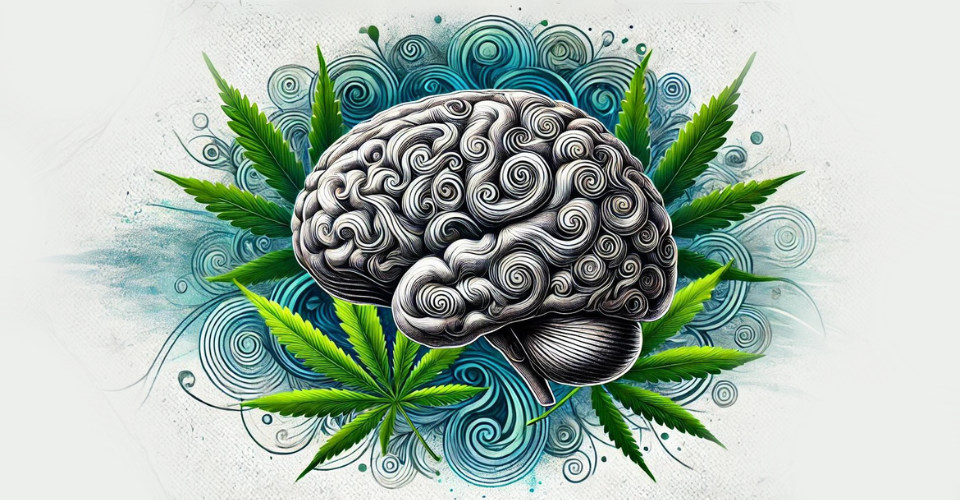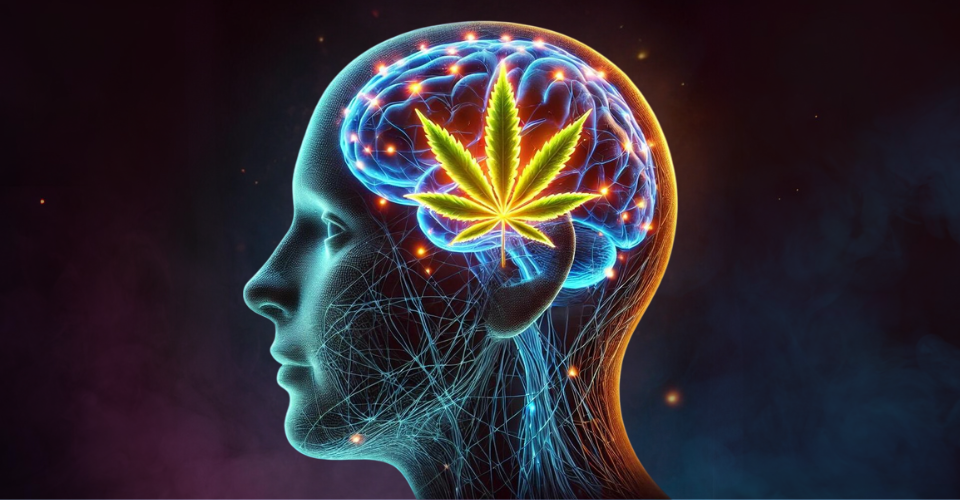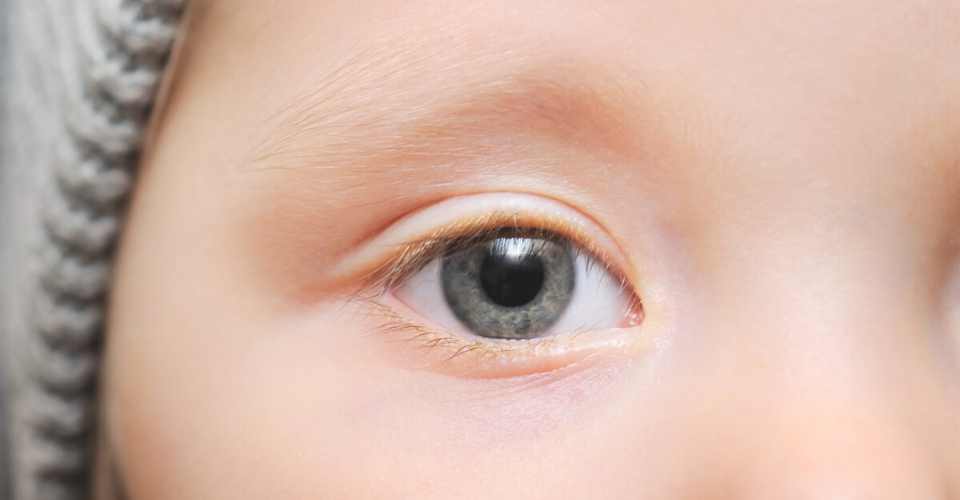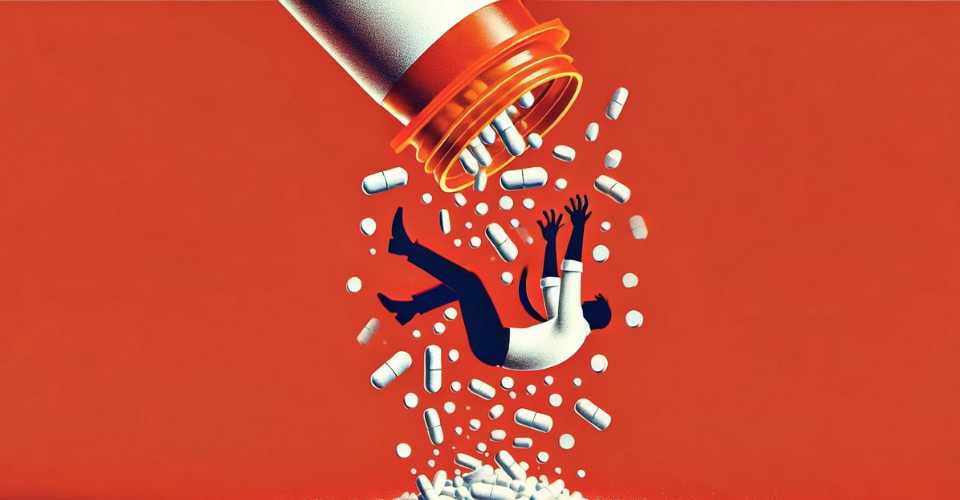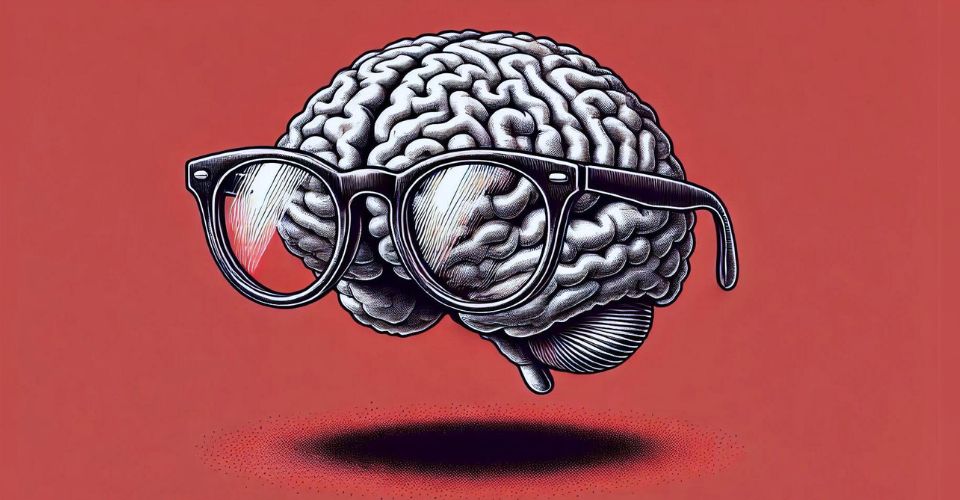Brain News
Researchers at the research group, Elsevier, revealed how REM sleep disturbances are associated with drug withdrawal and relapse. The study is published in the journal Biological Psychiatry.
The Study
The researchers trained male rats to self-administer cocaine. They then removed the rats’ access to the drugs and put them in long-term withdrawal.
The rats were then re-exposed to cocaine-associated cues and were induced with “craving incubation”, a bodily state in which the drive to take the drug increases over time. The temperature of the rats’ bedding was adjusted and their REM sleep was observed.
The Findings
The results revealed that, in craving incubation, the rats displayed REM sleep disturbances. However, when the bedding’s warming was increased, the rats spent more time in REM sleep and displayed improved REM sleep continuity.
This also led to an attenuation of the incubation of drug-seeking behavior, leaving the researchers to conclude that sleep disturbances are closely interlinked with drug relapse.
Towards Interventions
The researchers are enthusiastic that the study can help understand better recovery-related sleep and how it could be incorporated into substance abuse recovery treatments.
One of the lead researchers, Dr. Krystal, remarked: “This work draws further attention to the importance of disturbances in the integrity of sleep to relapse, and it points us toward strategies that enhance sleep as a potential medication target.”
To Know More You May Refer To
Guo, R., Wang, Y., Yan, R., Chen, B., Ding, W., Gorczyca, M. T., Ozsoy, S., Cai, L., Hines, R. L., Tseng, G. C., Allocca, G., Dong, Y., Fang, J., & Huang, Y. H. (2022). Rapid Eye Movement Sleep Engages Melanin-Concentrating Hormone Neurons to Reduce Cocaine Seeking. Biological psychiatry, S0006-3223(22)01321-X. Advance online publication. https://doi.org/10.1016/j.biopsych.2022.06.006















